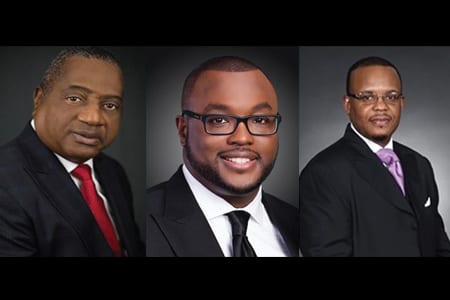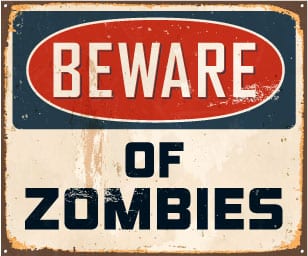A few weeks ago, Katie, Tank and I went to the opening night of the “Avengers: Age of Ultron,” at the movie theater. Now I don’t like to go opening night because of the crowds, but Tank spends much of his play time with the Avengers action figures, so I let them both talk me into it. We had a blast watching these superheroes with their supernatural strength fighting against evil and winning the day. When the movie ended, Tank said, “Papi, I will always remember we went to see the Avengers on opening night!” Well, that certainly made it […]
-Read MoreSupernatural Strength Is Not Just For Superheroes Like The Avengers
- Dr. Tommy Boland
- 7 Jul 2015
- no comments










